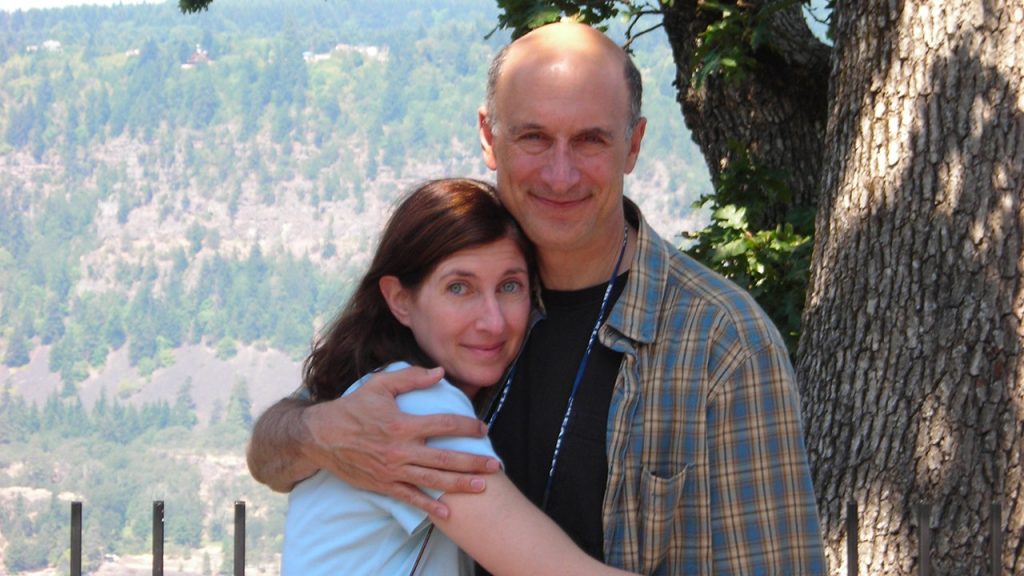Warren Kozak, a New York City-based author and essayist, experienced the devastating loss of his wife to cancer on Jan. 1, 2018, prompting him to write a new book titled “Waving Goodbye: Life After Loss.” In this book, Kozak shares his personal experiences and provides tips and inspiration for others dealing with loss. He emphasizes the importance of preparing personal and financial affairs in advance, as well as the long-lasting impact that loss can have on an individual. With statistics showing a significant number of widowers and widows in the United States, Kozak’s book speaks to a widespread reality that many will face.
Kozak delves into the emotional journey of losing a spouse, revealing that even when one believes they are prepared for such an event, the reality can still be overwhelming. Drawing from his own experiences and insights gained from others, he underscores the importance of allowing time for healing while acknowledging that the process may change a person forever. Through short, easy-to-understand chapters, he writes candidly about what worked for him and what didn’t, offering practical advice for those coping with similar circumstances. By including emails from others who have faced loss, Kozak brings a sense of shared understanding and comfort to his readers.
One of the sources of solace for Kozak during his grieving process was maintaining a daily diary that allowed him to reflect on his life with his wife. He found conventional grief books difficult to read because of the profound impact of trauma on his cognitive functioning. In response, he decided to write a book that would be accessible and relatable to others experiencing loss, utilizing his personal insights and the wisdom of those who reached out to him during his own difficult time. By sharing his journey in a heartfelt and honest manner, he aims to offer support and guidance to those navigating life after loss.
Despite the passage of time, Kozak acknowledges that the pain of loss can linger and unexpectedly resurface through various triggers. He describes how his responses to grief have evolved over the years, from frequent tears to occasional emotional outbursts that gradually lessen in intensity. Finding comfort in his Jewish faith and his daughter’s presence, Kozak emphasizes the importance of routine and responsibility in coping with loss. He recognizes that the process of grieving is unique to each individual and that healing may come gradually and in unexpected ways.
In “Waving Goodbye,” Kozak also explores the impact of technology on the grieving process, highlighting the abundance of digital memories that can both provide comfort and trigger emotional responses. As he reflects on the changes within himself since his wife’s passing, he acknowledges that he is still evolving and adjusting to a new reality. By sharing his experiences and emotions with honesty and vulnerability, Kozak invites readers to reflect on their own journey through loss and find sources of strength and resilience. “Waving Goodbye” offers a poignant and insightful perspective on life after loss and the enduring impact of love and memory.
The book serves as a testament to the universal nature of grief and the resilience of the human spirit in the face of loss. Through his personal story and the stories of others, Kozak creates a sense of community and understanding for those experiencing similar hardships. By providing practical advice, emotional support, and a candid reflection on his own journey, he offers a valuable resource for those navigating the complexities of life after loss. “Waving Goodbye: Life After Loss” is a touching and enlightening exploration of grief, healing, and the enduring power of love and remembrance.


